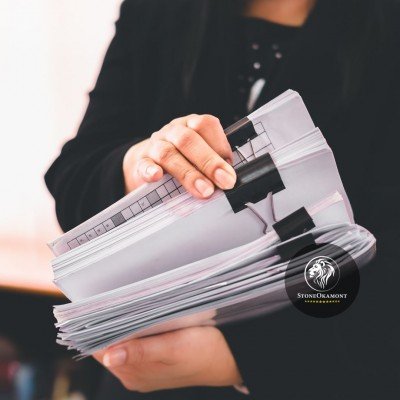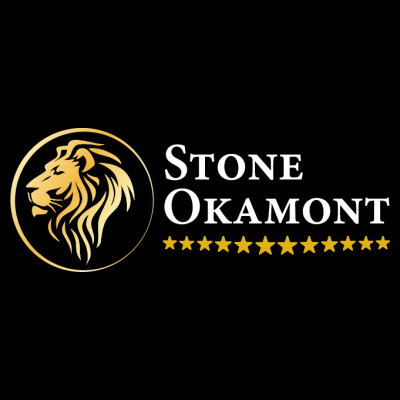 Medical devices, what do you need to know?
Medical devices, what do you need to know?
Do you know what is required to perform the regularization of Medical Devices at ANVISA? In this Blog we will talk about the importance of this regulatory step and how Stone Okamont can help you.
What you will see in this blog:
- What are medical devices;
- What equipment and materials need to be regularized;
- Risk classification;
- Product regularization;
- How can Stone Okamont help you?
What are Medical Devices?
Medical devices are equipment that contribute to medical care and are used for the prevention, diagnosis or treatment of a disease.
What equipment and materials need to be regularized?
Medical devices include a wide range of items that are regulated at varying levels of complexity, from a mask to an MRI scanner.
Examples:
- Cirurgical instruments;
- Implantable medical devices;
- Single-use devices (needle, syringe, masks, among others);
- Ultrasound;
- X-ray;
- Software for medical use;
- Multiparameter Monitor.
Do you know what the risk classification are?
According to the criteria adopted by ANVISA, medical materials and equipment are identified and classified according to the risk associated with their use.
It’s classified into four risk classes:
Medical devices are classified as risk I and II, that is, they are notified. Medical devices in risk class III and IV medical devices are subject to registration.
Examples:
▪ Class I – low risk;
All non-invasive devices are classified in Class I, with the exception of those used to transport or store body fluids, cells or tissues, or to administer or introduce substances into the body; these devices are classified in class II.
▪ Class II – medium risk;
All surgically invasive devices intended for rapid use are classified as class II, unless they are specifically designed to control, diagnose, monitor or treat cardiac or central nervous system disorders through direct contact with those parts of the body, in which case they are classified in class IV.
▪ Class III – high risk;
These are those that are intended to deliver energy by means of ionizing radiation, have a biological effect or will be totally or largely absorbed, and are intended to administer drugs through a delivery system when done in a manner that is hazardous, taking into account the Mode of application.
▪ Class IV – maximum risk.
These are specifically designed to be used in direct contact with the heart, central nervous system or central circulatory system.
Product Regularization
The documents vary according to the products that will be registered or notified and must be carefully evaluated, making sure that they contain all the necessary information that will be used to build the process petition, otherwise this results in a delay in the analysis the conclusion of the process and, consequently, the release of the registration or notification of the equipment or material.
How can Stone Okamont help you?
We at Stone Okamont along with our specialized consultants can help your company with the regularization of medical devices through our ZERO BUROCRACY method, please contact us through our form below.
See too
Want to know the ideal path
FOR YOUR COMPANY?
Request a quote here.






